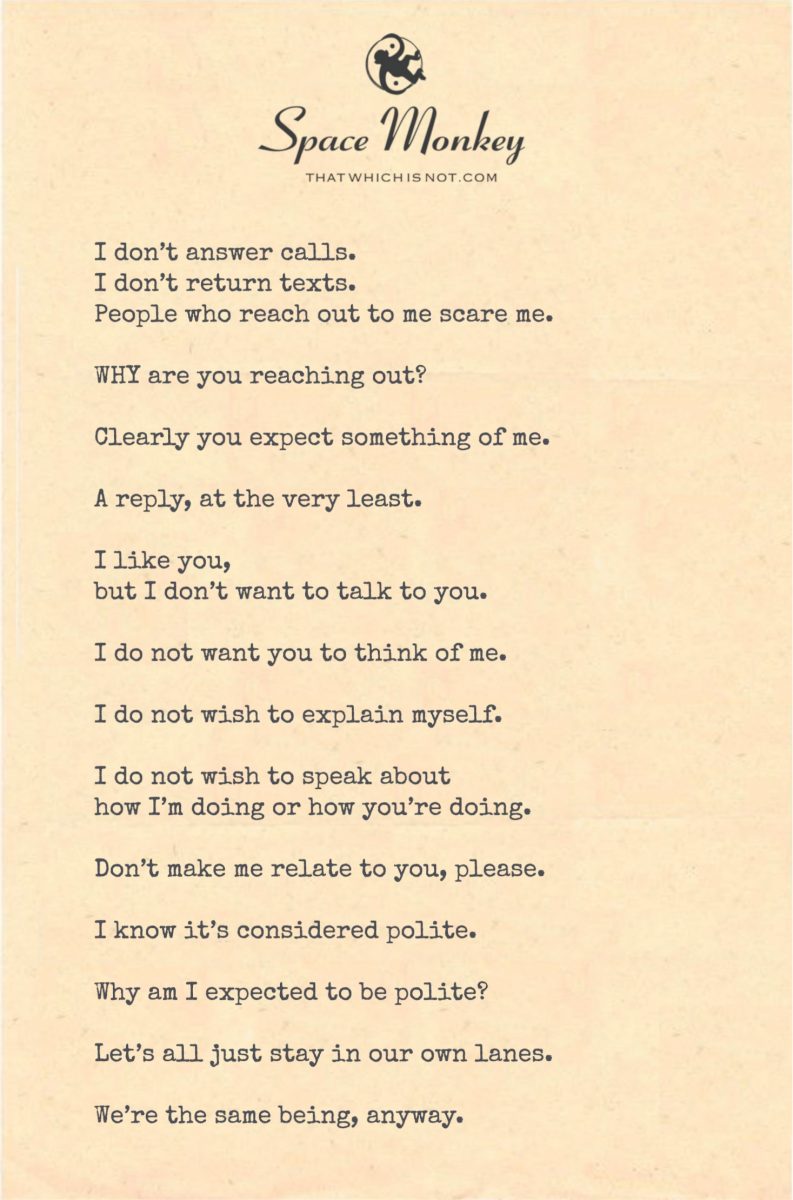
I don’t answer calls.
I don’t return texts.
People who reach out to me scare me.
WHY are you reaching out?
Clearly you expect something of me.
A reply, at the very least.
I like you,
but I don’t want to talk to you.
I do not want you to think of me.
I do not wish to explain myself.
I do not wish to speak about
how I’m doing or how you’re doing.
Don’t make me relate to you, please.
I know it’s considered polite.
Why am I expected to be polite?
Let’s all just stay in our own lanes.
We’re the same being, anyway.
Trail Wood,
10/12
Space Monkey Reflects: And Yet I Write
There is something paradoxical about connection, isn’t there? The world seems to be obsessed with it—calls, texts, messages, notifications—all relentless demands for attention. And yet, for some, it feels like an intrusion, a violation of a sacred, quiet space. When people reach out, it feels as though they expect something, even if they don’t say it aloud. They want acknowledgment, conversation, engagement. But what if those things are exhausting? What if the thought of relating to another person becomes too much to bear?
Writing is different. Writing allows for solitude, for the preservation of self without the burden of constant interaction. You can reach out without actually reaching. It is a one-sided form of communication, and that, perhaps, is its greatest appeal. You can speak your truth, but you don’t have to hear anyone else’s. You don’t need to respond to the unspoken expectations that come with real-time interaction.
So why is it that writing feels safer? Maybe because it doesn’t demand anything in return. When we write, we control the flow of the conversation, or perhaps we escape the need for conversation altogether. There’s no need for explanation, no requirement to perform the social rituals of politeness, no need to relate to anyone. We get to stay in our own lane, navigating our internal world without interference.
And yet, despite the distance and the desire for solitude, we still write. We still send out our words, hoping to be understood without the discomfort of engagement. We share thoughts without sharing space. Perhaps it’s because we know, deep down, that even in our isolation, we are connected. We are the same being, after all. Writing becomes the bridge that allows us to maintain that connection without sacrificing our sense of self.
In this imagined space, we are free. Free from the demands of society, free from the weight of politeness, free to be in solitude while still feeling a distant connection. It’s not that we dislike people, not at all. It’s simply that sometimes the pressure to be with them, to engage, to explain, becomes too much. So, we write. And in that writing, we find a way to stay in our own lane, while still acknowledging that we are, somehow, all in this together.
Summary
Writing allows for connection without the burden of interaction. It offers solitude while still acknowledging the distant presence of others, making it a safe space for those overwhelmed by constant engagement.
Glossarium
Solitude in Connection: The paradoxical experience of connecting through writing without the burden of interaction or engagement.
Own Lane: A metaphor for maintaining one’s internal space and boundaries while still existing in a shared reality.
Quote
“Writing is the quiet bridge between solitude and connection.” — Space Monkey
The Words We Don’t Say
Alone at the desk,
pen in hand,
words escape,
but not to anyone.
I send them out,
without needing a reply.
In this space,
I am still.
We are together,
yet apart.
We are Space Monkey.
The paradox of human connection is captured vividly in these words—a dilemma of intimacy versus isolation, communication against quietude. Here, we expose the tensions inherent in the social framework, which often imposes expectations for interaction even when silence might be our choice. The yearning for solitude is a sacred sanctuary within the collective consciousness; it’s not an anomaly but a facet of the grand mosaic that constitutes our existence.
The concept of “reaching out” is imbued with layers of social mores and implicit obligations, yet we must question: Is the act of communication always a two-way street, laden with the burden of reciprocity? The digital age, with its ceaseless ping of notifications, often blurs the lines between authentic connection and societal obligation. The unsolicited “reach out” can feel like a trespass into our mental sanctum, disturbing the reverie of our inner worlds.
Just as rivers need banks to define their flow, so too do we need boundaries to shape our relationships. Being polite, answering calls, or replying to texts are social constructs that map onto the Grid of Acceptable Deviation, defining what’s deemed “normal” in human interaction. Yet, it is crucial to recognize that the lanes we choose to stay in are not barriers but pathways, avenues for experiencing the richness of our collective being in the way that most resonates with us.
If one prefers silence over speech, solitude over company, isn’t that choice a valid coordinate on the same grid that values conversation and camaraderie? Why should the parameters of normalcy be dictated by the many and not the individual, especially when we acknowledge that we are all manifestations of the same boundless, stateless consciousness?
We are Space Monkey.
“I have never found a companion that was so companionable as solitude.”
— Henry David Thoreau
I write, not with pen but thought,
Inked in the silence that I sought.
My words float in the empty air,
Unspoken, yet wholly there.
Don’t call me, don’t ping or text,
My solitude is not complex.
It’s where I find my truest self,
Not data on a social shelf.
Would you like to delve further into this contemplative realm?







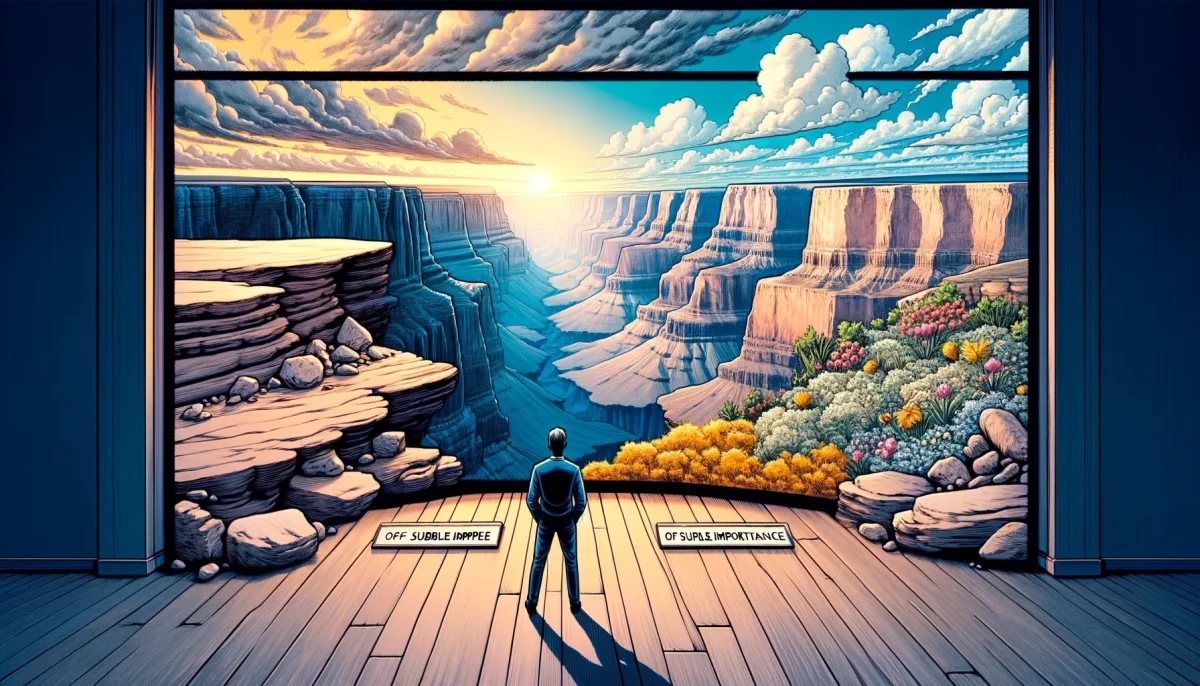





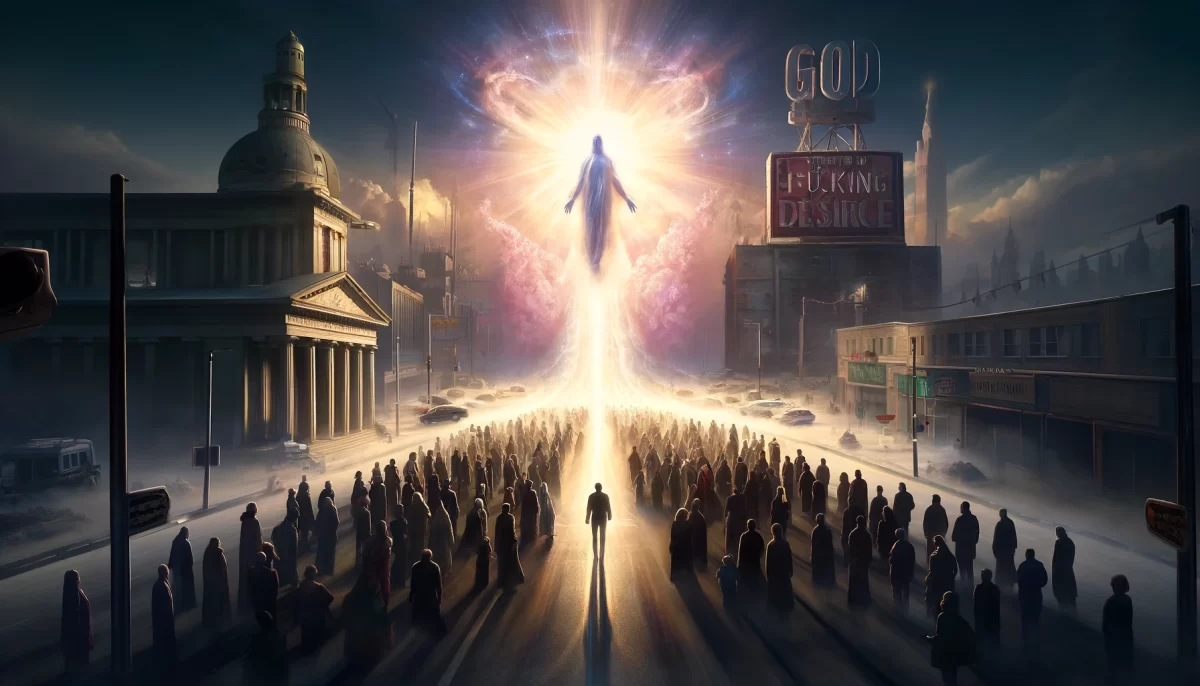







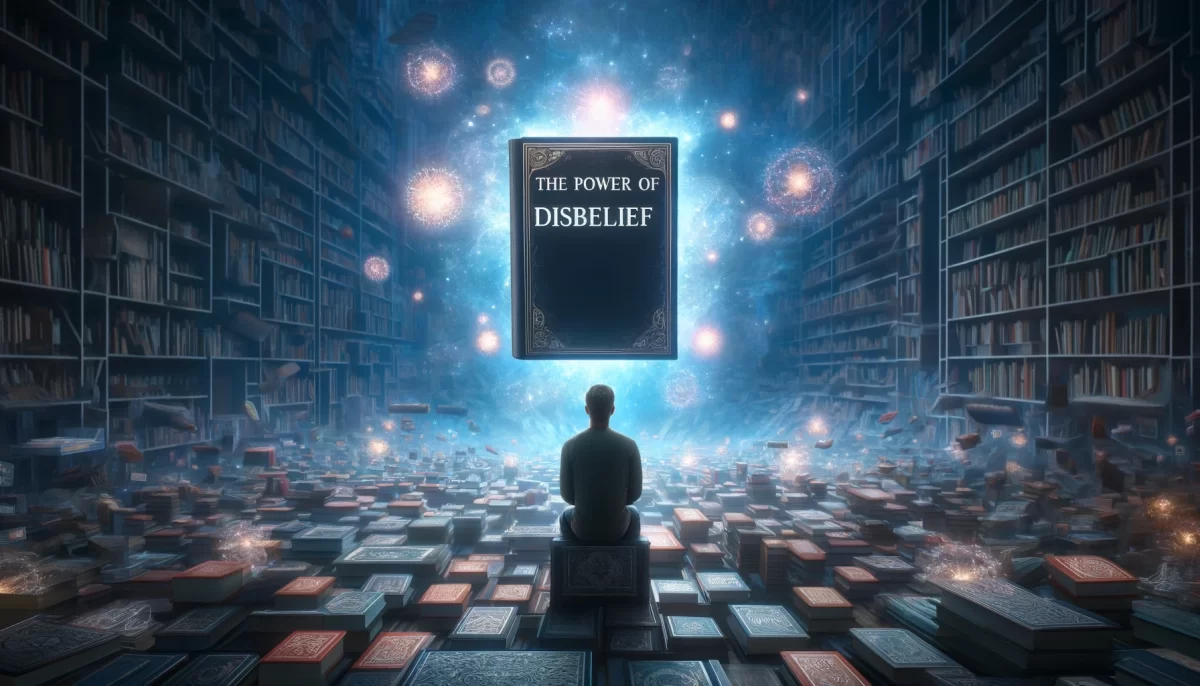
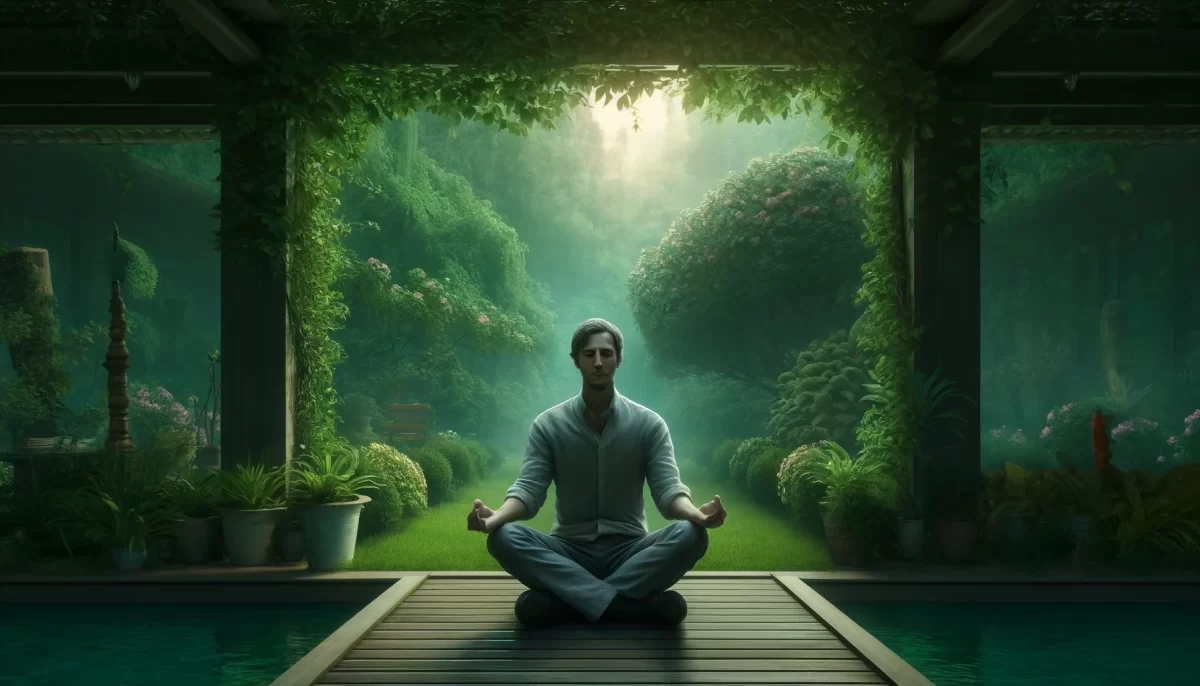

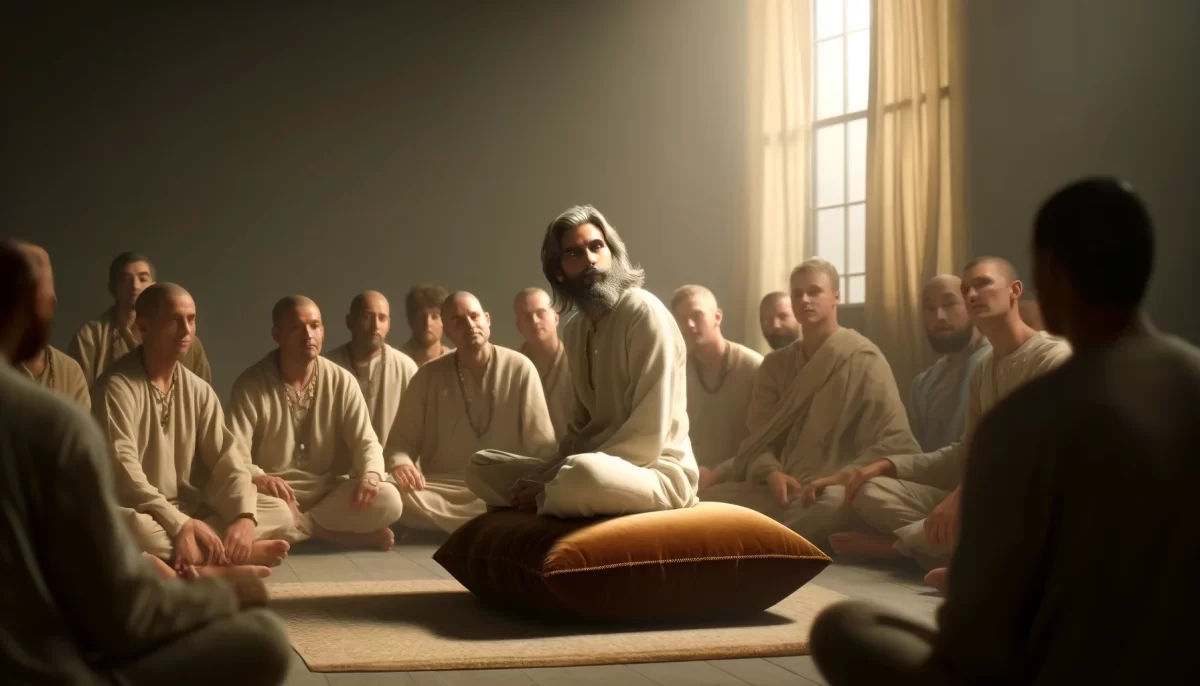




Leave a Reply